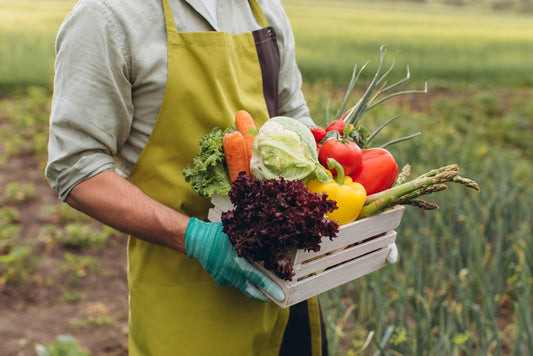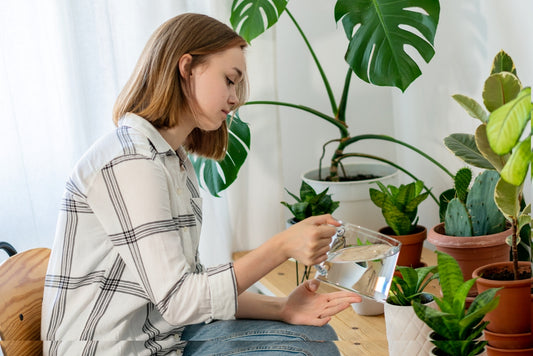The nutrition in fruits and vegetables is dependent on many factors. It’s necessary for the plants to have proper nutrients available throughout the growing season and during fruiting. Poor soil conditions, malfunctioning root systems, or not enough nutrients could lead to poor plant health and subpar fruit development.
Plants have nutritional requirements, and when they are not met at any stage of the cycle, growth will suffer in some way. Stunted plants, low fruit set and size, and decreased yields are common. While this is a detriment to the farmer, consumers are also affected because the produce from those insufficient plants is deficient in nutrients.

Prevegenics has developed the best fertilizers that are absorbed through the leaves of the plants, allowing the best absorption of nutrients during the growing season. It provides another route for plants to gain the nutrition they need to provide us with the nutrition we need by producing the most nutrient-rich foods available.
Now let’s consider that vitamins and minerals in your produce start degrading at different rates as soon as it’s removed from the plant at harvest. Depending on postharvest handling and storage, it could be days to weeks before the produce even hits your market shelves.
Vitamin C is sensitive to heat, light, and oxygen, so it’s known to degrade quickly, with refrigeration only helping slightly to slow loss. B vitamins break down when heated or frozen and are sensitive to light, too.
The plant will be able to retain all the nutrients, vitamins, and minerals with the aid of the best liquid fertilizer for vegetables growth. Some nutrients are lost faster than others, but nonetheless, it’s always going to happen.

Make sure you are picking the freshest options at your local markets. Look for bright colors, no browning, and check out the cut ends of items like asparagus, celery, or herbs to see how fresh it is.
Use your nose and if items have a pungent or bad smell, pass. Often vegetables will release compounds after harvest that get stronger with time, so if it doesn’t smell fresh and light, it probably isn’t.
And don’t forget to do the firmness test for freshness. Lightly grasp your potential picks to be sure they feel firm and springy, not rubbery, or mushy.



